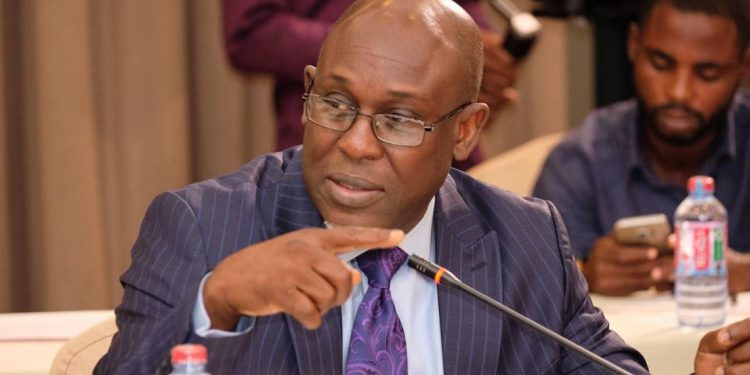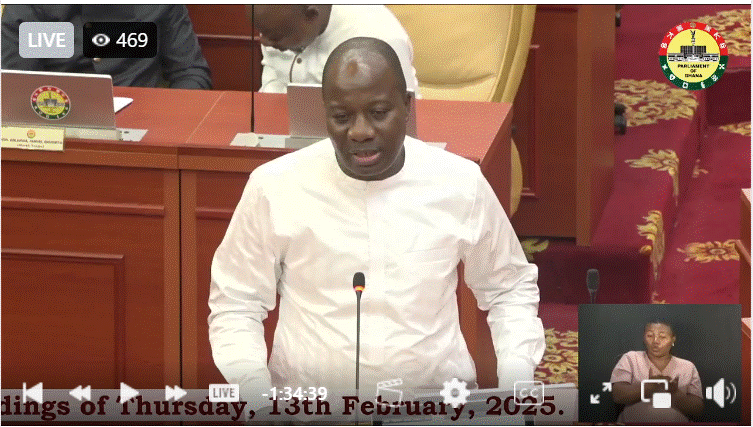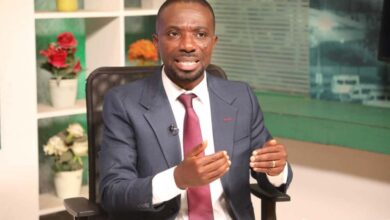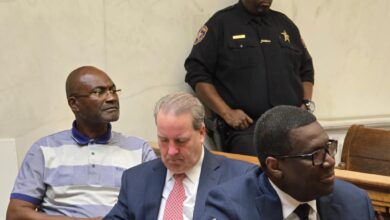Do your job—IMANI’s Kofi Bentil slams gov’t over energy levy crisis

Senior Vice President of IMANI-Africa, Kofi Bentil, has lashed out at government officials for what he described as their habitual reliance on technical justifications to excuse their failure in addressing Ghana’s energy problems.
Speaking on Joy News on Saturday, June 7, Bentil expressed frustration at the handling of the Energy Sector Levy (Amendment) Bill, 2025, which has sparked backlash from both industry players and the public.
Bentil zeroed in on the government’s communication strategy, accusing spokespersons of talking too much and doing too little.
“You heard Felix [Government Spokesperson] spend 15 minutes explaining these things — It’s your job, nobody cares about it,” he said bluntly.
“When you travel to places where leaders work, you don’t know where they bought the gas from or whether they are using crude oil or nuclear energy — your lights stay on. Please sit up, do your work.”
His remarks reflect growing public irritation over the implementation of the Energy Sector Shortfall and Debt Repayment Levy (ESSDRL), which the Ghana Revenue Authority is set to enforce from June 9.
The Chamber of Oil Marketing Companies has already pushed back, citing a lack of consultation and operational feasibility.
Bentil’s criticism adds to this sentiment, suggesting the issue isn’t just about poor timing—it’s about misplaced priorities and an unwillingness to take responsibility.
“Consistently, they come at us with this and that and then when the problem comes, they come and explain all kinds of things that we don’t care about.
“If you’re competent, solve the problem,” Bentil continued, calling out officials for what he believes is their tendency to deflect instead of deliver.
While politicians have attempted to frame the levy as a necessary measure to address legacy debts and power stability, Bentil dismissed the politicisation of the matter.
“It is a bi-partisan problem,” he noted, underscoring that successive administrations have contributed to the crisis. His call was clear: Ghanaians want working systems, not long-winded explanations.





